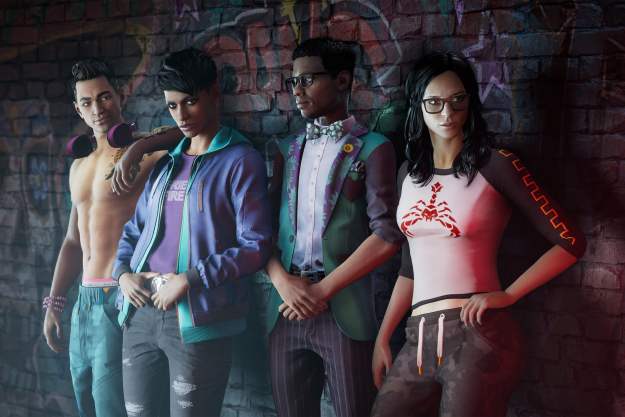IGN reported that Microsoft Gaming CEO Phil Spencer initiated talks of his company’s acquisition of Activision Blizzard with its CEO Bobby Kotick after the release of the Wall Street Journal’s report on sexual assault and misconduct allegations at Activision. These talks reportedly began on November 19, 2021, which is three days after the news dropped.
This initial discussion led by Spencer may lead to the $68.7 billion purchase of Activision Blizzard and its new placement under the Microsoft umbrella should the Fedderal Trade Commission’s review not find it unlawful. CNBC’s report detailing the filings around the deal shared that Spencer led talks between Microsoft and Activision Blizzard, noting that he wanted to explore strategic opportunities between the companies.
“On November 19, 2021, in the course of a conversation on a different topic between Mr. Spencer and Mr. Kotick, Mr. Spencer raised that Microsoft was interested in discussing strategic opportunities between Activision Blizzard and Microsoft,” the filing reports, “and asked whether it would be possible to have a call with [Microsoft CEO Satya] Nadella the following day. Mr. Kotick agreed to participate in such discussion.”
The reported conversation came shortly after Spencer denounced the scandal taking place at Activision Blizzard. A day before the call, on November 18, 2021, he shared an email with Microsoft staff bringing up his feelings around the controversy and that Xbox was “evaluating all aspects of our relationship with Activision Blizzard and making ongoing proactive adjustments.”
The filing also brings up the possibility of the deal falling through, with Microsoft being bound to a $2 billion to $3 billion payment should it be turned down due to an antitrust ruling.
Editors' Recommendations
- Xbox Game Pass gets its first Activision Blizzard game very soon
- Xbox and Embracer’s mass layoff explanations aren’t good enough
- The video game industry has laid off thousands this year. Here’s what that means for you
- These Activision Blizzard games need to come to Xbox Game Pass this year
- The biggest gaming news of 2023: Insomniac leak, GTA 6 reveal, and more




